Many of cinema’s great screenwriters frequently worked in partnerships or teams, and so in the interest of giving credit where it is due, the names of their key collaborators have been listed as co-writers. The main exception is if co-writers have had strong careers independent of each other, in which case they are listed here separately.
1. Ingmar Bergman
Top 5 Screenplays
| Film | Year |
| 1. The Seventh Seal | 1957 |
| 2. Persona | 1966 |
| 3. Scenes from a Marriage | 1973 |
| 4. Winter Light | 1963 |
| 5. Wild Strawberries | 1957 |
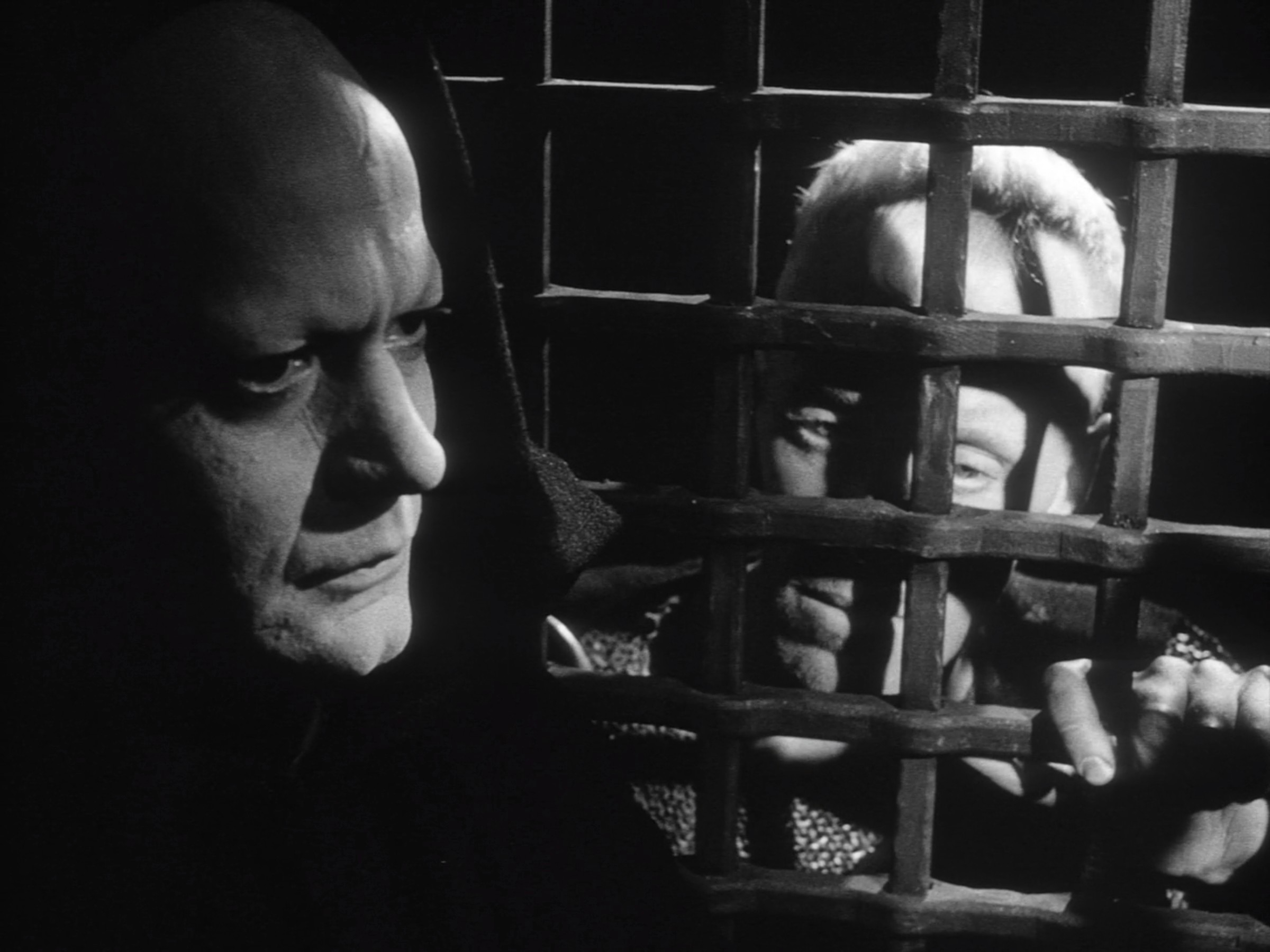
2. Billy Wilder
Top 5 Screenplays
| Film | Year |
| 1. Double Indemnity | 1944 |
| 2. Sunset Boulevard | 1950 |
| 3. The Apartment | 1960 |
| 4. Some Like it Hot | 1959 |
| 5. Ace in the Hole | 1951 |
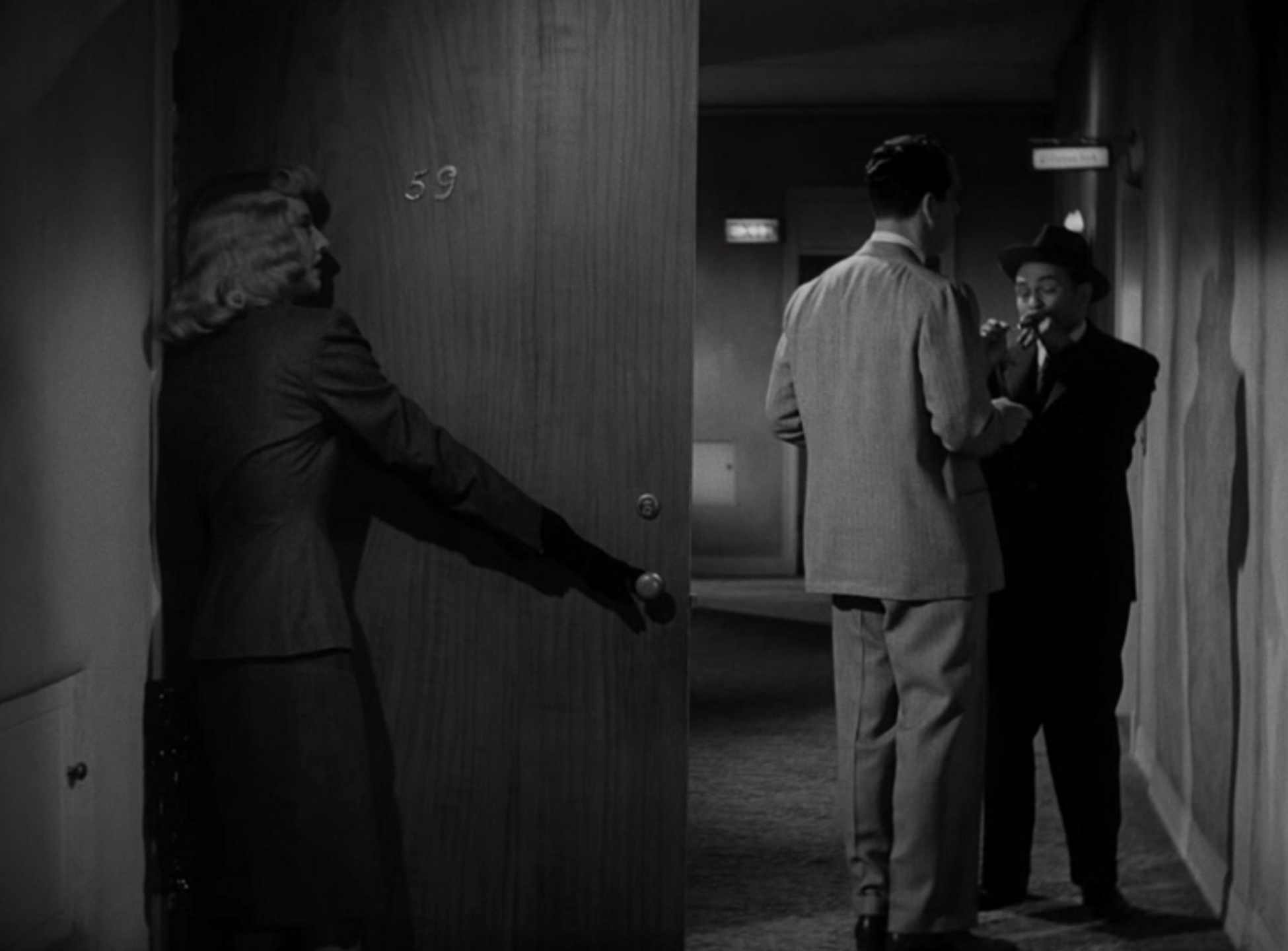
3. Woody Allen
Co-writers: Marshall Brickman
Top 5 Screenplays
| Film | Year |
| 1. Annie Hall | 1977 |
| 2. Manhattan | 1979 |
| 3. Hannah and Her Sisters | 1986 |
| 4. Crimes and Misdemeanours | 1989 |
| 5. Broadway Danny Rose | 1984 |
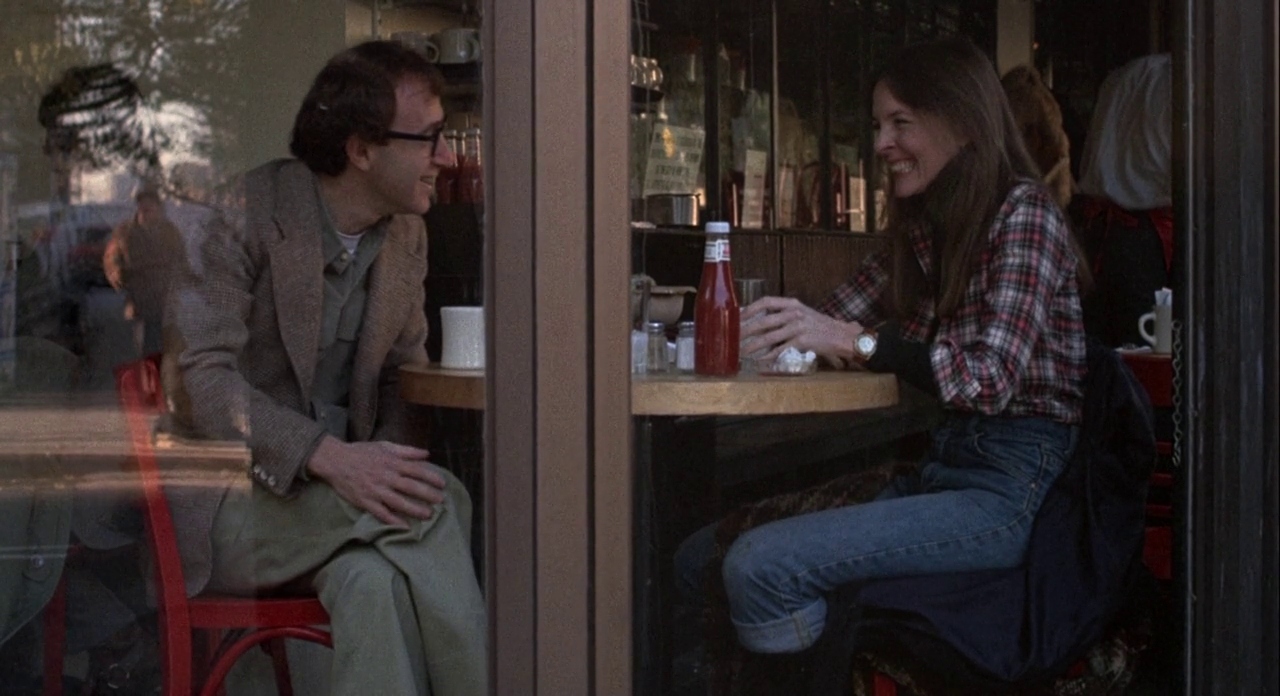
4. The Coen Brothers
Top 5 Screenplays
| Film | Year |
| 1. Fargo | 1996 |
| 2. No Country for Old Men | 2007 |
| 3. The Big Lebowski | 1998 |
| 4. Inside Llewyn Davis | 2013 |
| 5. A Serious Man | 2009 |
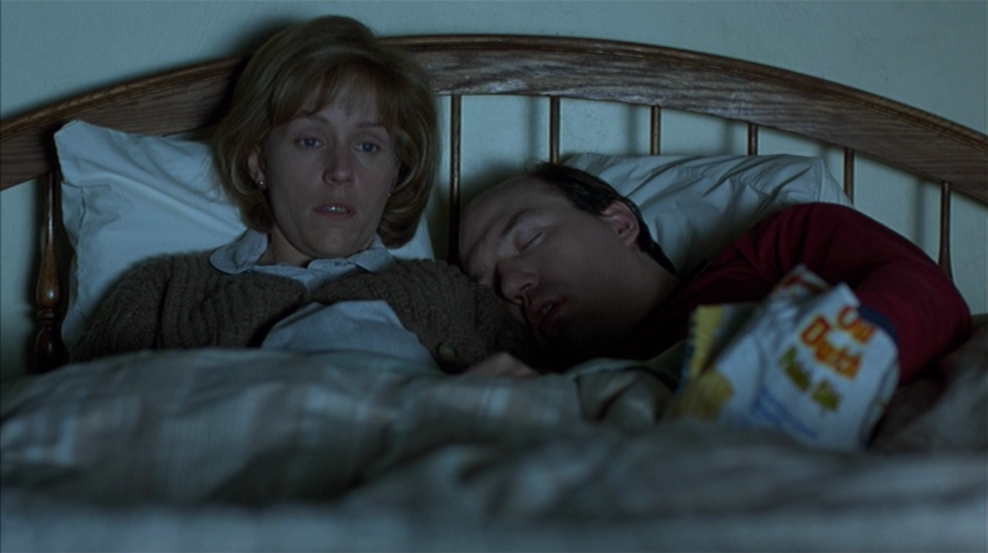
5. Quentin Tarantino
Top 5 Screenplays
| Film | Year |
| 1. Pulp Fiction | 1994 |
| 2. Reservoir Dogs | 1992 |
| 3. Inglourious Basterds | 2009 |
| 4. Once Upon a Time in Hollywood | 2019 |
| 5. Django Unchained | 2012 |
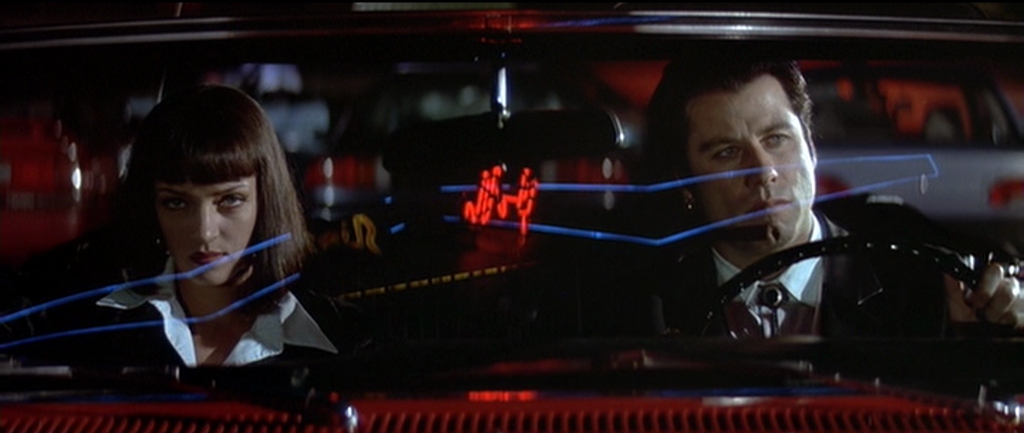
6. Paul Schrader
Co-writers: Leonard Schrader, Mardik Martin
Top 5 Screenplays
| Film | Year |
| 1. Taxi Driver | 1976 |
| 2. Raging Bull | 1980 |
| 3. Mishima: A Life in Four Chapters | 1985 |
| 4. First Reformed | 2017 |
| 5. The Card Counter | 2021 |
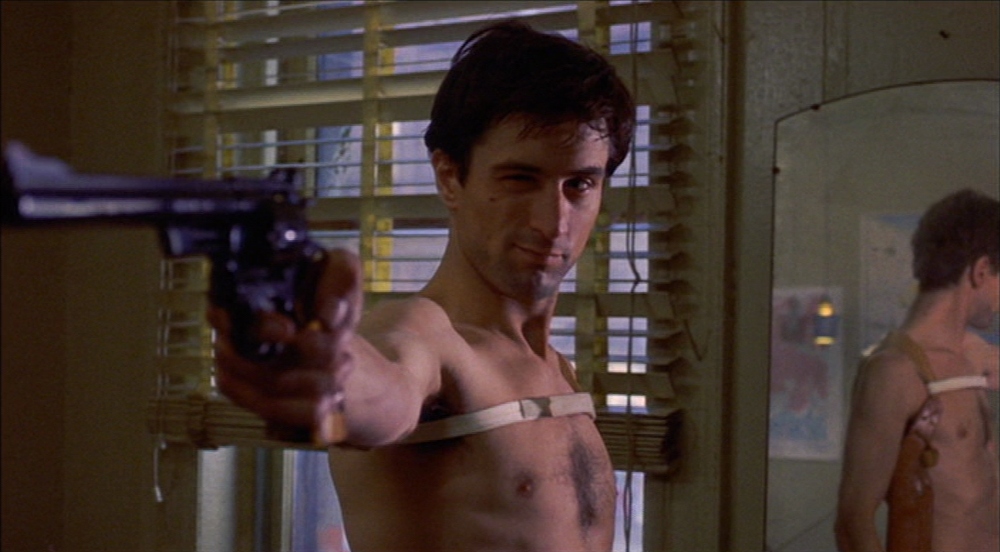
7. Francis Ford Coppola
Co-writers: Mario Puzo, John Milius
Top 5 Screenplays
| Film | Year |
| 1. The Godfather | 1972 |
| 2. The Godfather Part II | 1974 |
| 3. Apocalypse Now | 1979 |
| 4. The Conversation | 1974 |
| 5. Patton | 1970 |
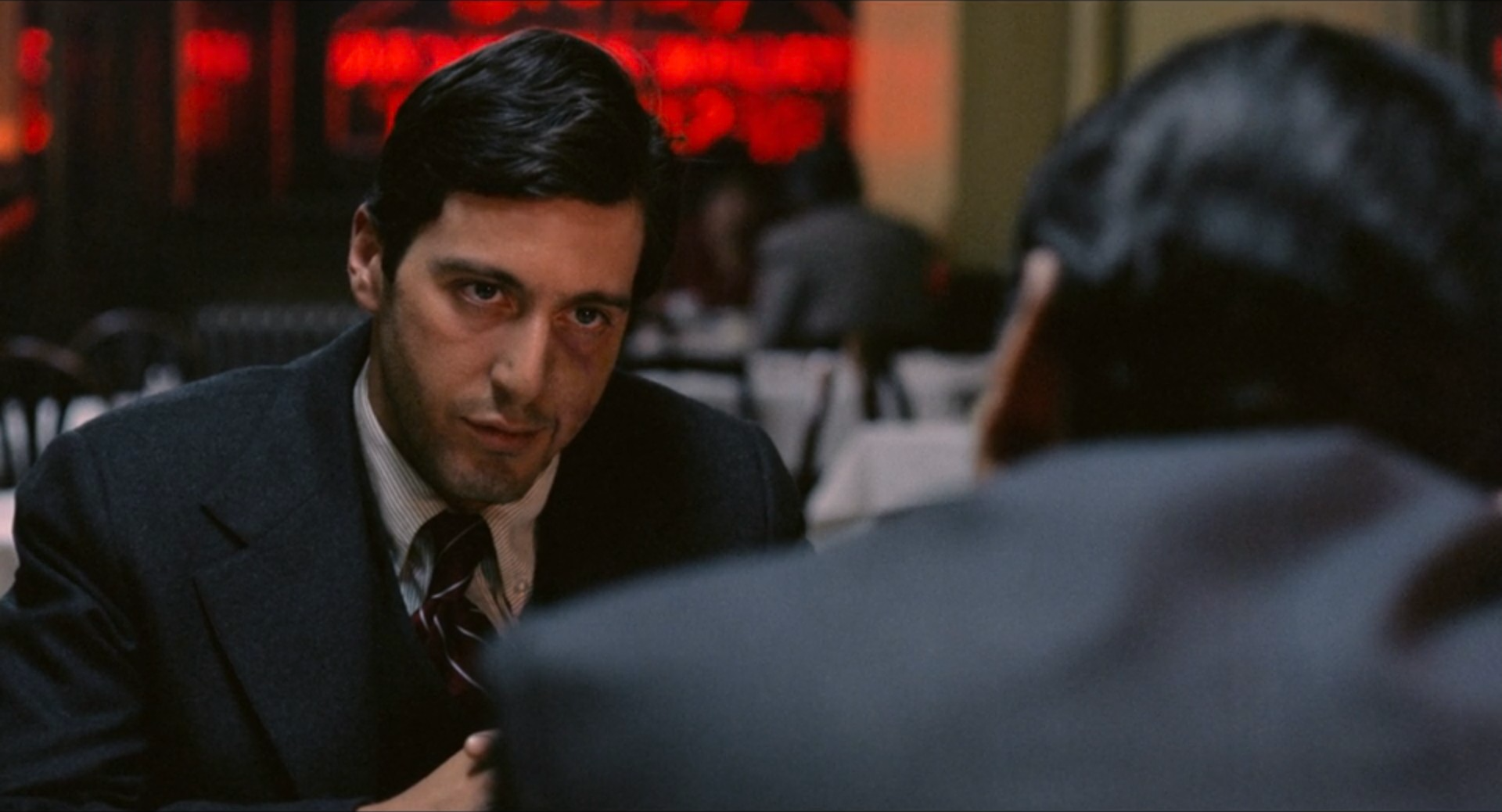
8. Paul Thomas Anderson
Top 5 Screenplays
| Film | Year |
| 1. There Will Be Blood | 2007 |
| 2. The Master | 2012 |
| 3. Magnolia | 1999 |
| 4. Punch-Drunk Love | 2002 |
| 5. Boogie Nights | 1997 |
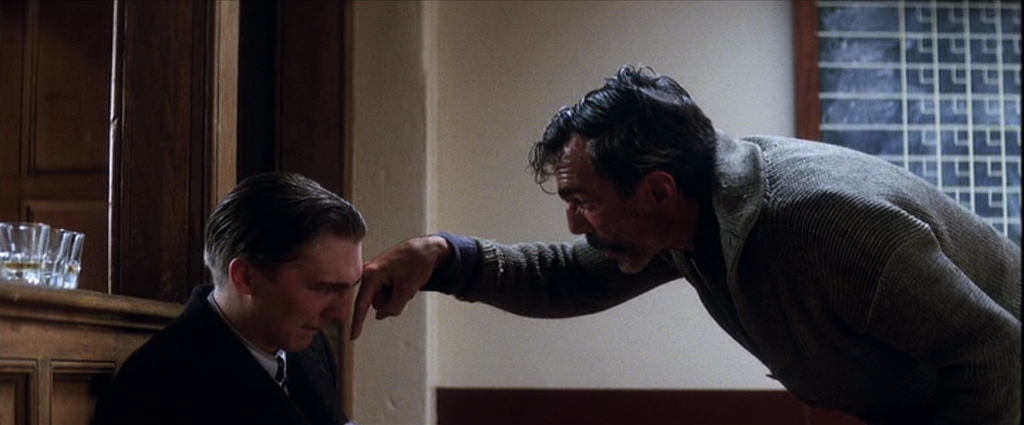
9. Stanley Kubrick
Co-writers: Terry Southern
Top 5 Screenplays
| Year | Film |
| 1. Dr. Strangelove or: How I Learned to Stop Worrying and Love the Bomb | 1964 |
| 2. A Clockwork Orange | 1971 |
| 3. Paths of Glory | 1957 |
| 4. Eyes Wide Shut | 1999 |
| 5. The Shining | 1980 |
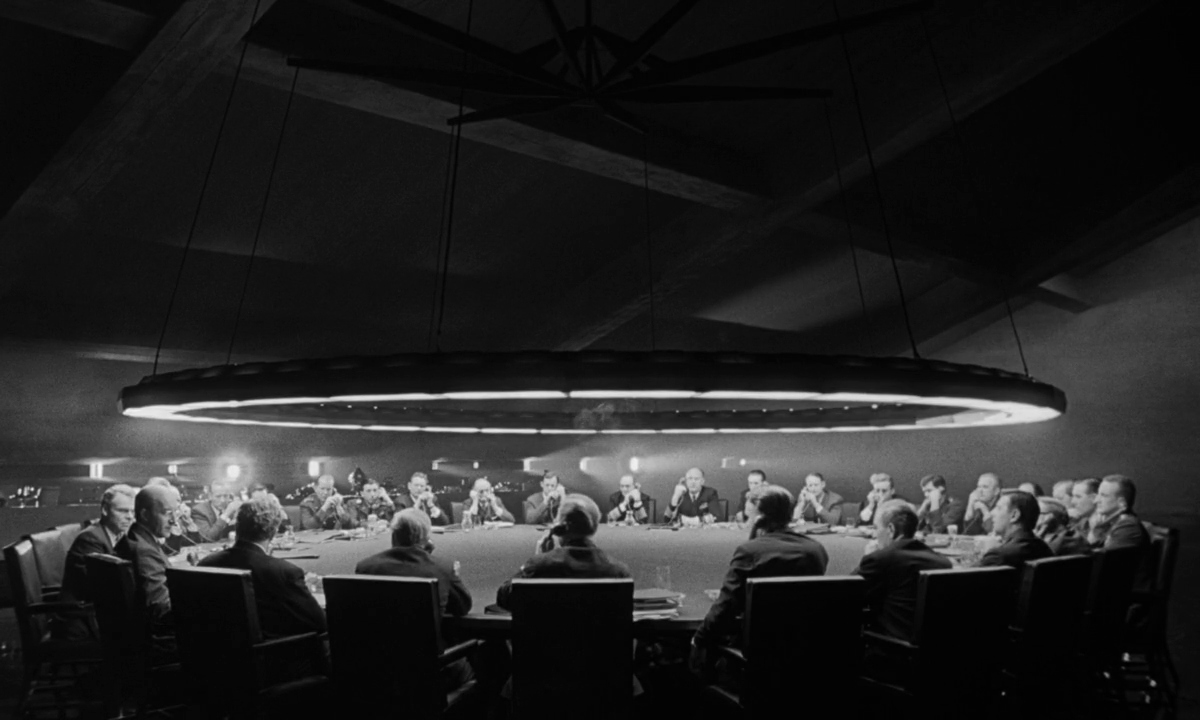
10. Akira Kurosawa
Co-writers: Hideo Oguni, Ryūzō Kikushima, Eijiro Hisaita
Top 5 Screenplays
| Film | Year |
| 1. Rashomon | 1950 |
| 2. Seven Samurai | 1954 |
| 3. High and Low | 1963 |
| 4. Ikiru | 1952 |
| 5. The Bad Sleep Well | 1960 |
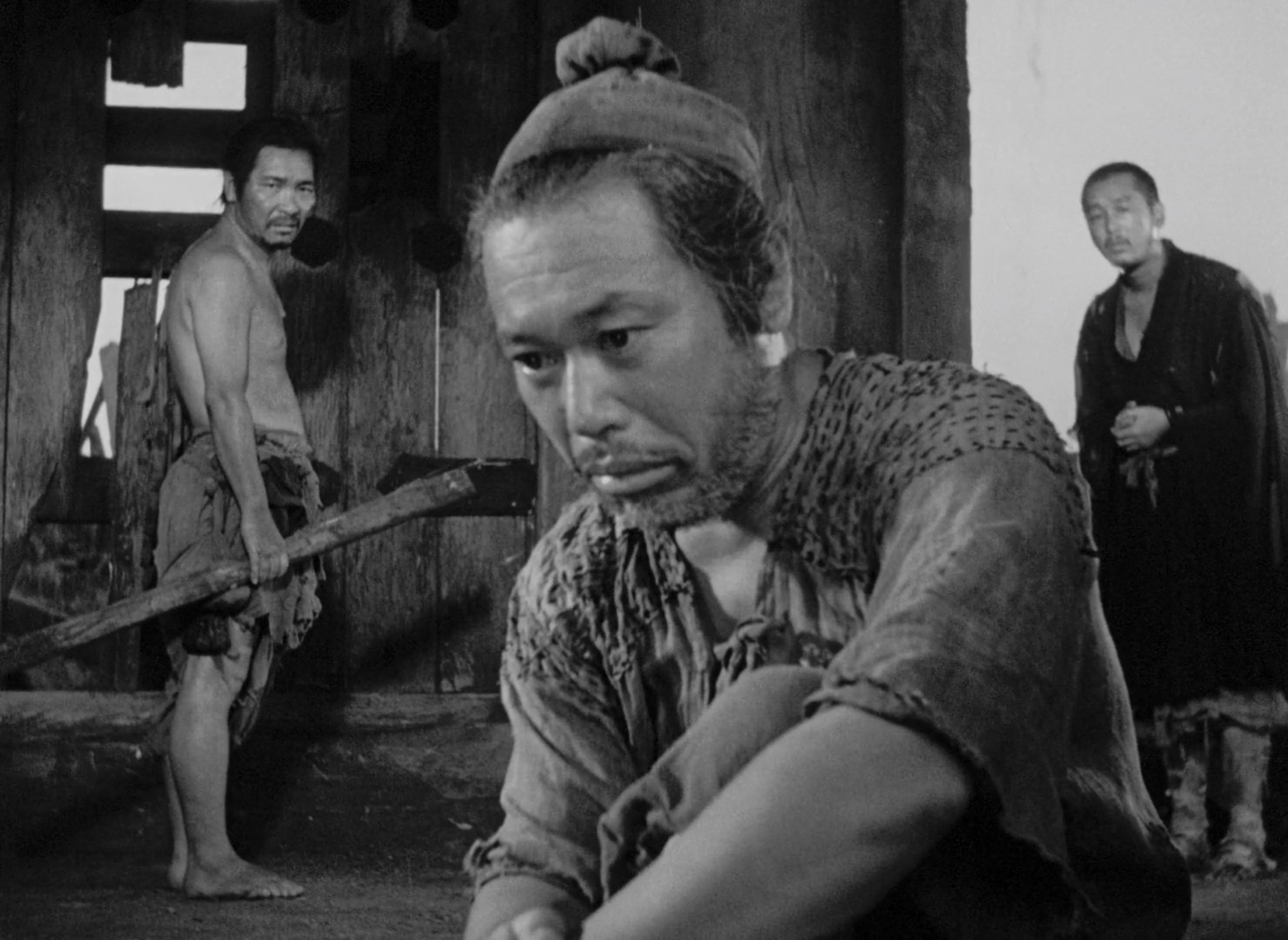
| Screenwriter | Top 3 Screenplays |
| 11. Federico Fellini Co-writers: Ennio Flaiano, Tullio Pinelli, Brunello Rondi | 1. La Dolce Vita (1960) 2. 8 1/2 (1963) 3. Amarcord (1973) |
| 12. Charlie Kaufman | 1. I’m Thinking of Ending Things (2020) 2. Synecdoche, New York (2008) 3. Eternal Sunshine of the Spotless Mind (2004) |
| 13. Richard Linklater Co-writers: Ethan Hawke, Julie Delpy, Kim Krazan | 1. Before Sunset (2004) 2. Before Midnight (2013) 3. Dazed and Confused (1993) |
| 14. Krzysztof Kieślowski Co-writer: Krzysztof Piesiewicz | 1. Dekalog (1989) 2. Three Colours: Red (1994) 3. The Double Life of Veronique (1991) |
| 15. Ben Hecht Co-writers: Charles Lederer, W.R. Burnett, John Lee Mahin, Seton I. Miller, Charles MacArthur, Samson Raphaelson, Arthur Laurents, Walter Newman, Lewis Meltzer | 1. His Girl Friday (1940) 2. Notorious (1946) 3. Scarface (1932) |
| 16. Martin Scorsese Co-writers: Mardik Martin, Nicholas Pileggi, Jay Cocks | 1. Goodfellas (1990) 2. Mean Streets (1973) 3. Casino (1995) |
| 17. John Huston Co-writers: Anthony Veiller, James Agee, Peter Viertel, John Collier, Gladys Hill, Ben Maddow, Charles MacArthur | 1. The Maltese Falcon (1941) 2. The Treasure of the Sierra Madre (1948) 3. The Asphalt Jungle (1950) |
| 18. Christopher Nolan Co-writer: Jonathan Nolan | 1. Memento (2000) 2. Oppenheimer (2023) 3. The Dark Knight (2008) |
| 19. Orson Welles | 1. Citizen Kane (1941) 2. Touch of Evil (1958) 3. The Magnificent Ambersons (1942) |
| 20. David Lynch | 1. Mulholland Drive (2001) 2. Blue Velvet (1986) 3. Lost Highway (1997) |
| 21. Aaron Sorkin | 1. The Social Network (2010) 2. A Few Good Men (1992) 3. Steve Jobs (2015) |
| 22. William Goldman | 1. All The President’s Men (1976) 2. Butch Cassidy and the Sundance Kid (1969) 3. The Princess Bride (1987) |
| 23. Joseph L. Mankiewicz Co-writers: Ranald MacDougall, Sidney Buchman | 1. All About Eve (1950) 2. A Letter to Three Wives (1949) 3. Manhattan Melodrama (1934) |
| 24. Tonino Guerra Co-writer: Michelangelo Antonioni | 1. Amarcord (1973) 2. Nostalghia (1983) 3. L’Avventura (1960) |
| 25. Wes Anderson Co-writer: Owen Wilson | 1. The Royal Tenenbaums (2001) 2. The Grand Budapest Hotel (2014) 3. Rushmore (1998) |
| 26. François Truffaut Co-writers: Jean Gruault, Marcel Moussy, Jean-Louis Richard, Suzanne Schiffman | 1. The 400 Blows (1959) 2. Jules and Jim (1962) 3. Shoot the Piano Player (1960) |
| 27. Andrei Tarkovsky Co-writers: Andrei Konchalovsky, Aleksandr Misharin, Friedrich Gorenstein, Vladimir Bogomolov, Mikhail Papava | 1. Nostalghia (1983) 2. Andrei Rublev (1966) 3. Solaris (1972) |
| 28. Preston Sturges | 1. The Lady Eve (1941) 2. Sullivan’s Travels (1941) 3. Unfaithfully Yours (1948) |
| 29. Michael Powell, Emeric Pressburger | 1. The Life and Death of Colonel Blimp (1943) 2. A Matter of Life and Death (1946) 3. Black Narcissus (1947) |
| 30. Jim Jarmusch | 1. Dead Man (1995) 2. Stranger than Paradise (1984) 3. Paterson (2016) |
| 31. Shinobu Hashimoto | 1. Rashomon (1950) 2. Seven Samurai (1954) 3. Ikiru (1952) |
| 32. Roman Polanski Co-writers: Robert Harris, Gérard Brach, Jakub Goldberg, Jerzy Skolimowski | 1. Chinatown (1974) 2. Rosemary’s Baby (1968) 3. Knife in the Water (1962) |
| 33. Noah Baumbach Co-writer: Greta Gerwig | 1. Marriage Story (2019) 2. Frances Ha (2012) 3. The Squid and the Whale (2005) |
| 34. Yasujirō Ozu Co-writers: Kōgo Noda, Tadao Ikeda, Takao Anai | 1. Tokyo Story (1953) 2. The End of Summer (1961) 3. Early Summer (1951) |
| 35. Leigh Brackett | 1. The Big Sleep (1946) 2. Rio Bravo (1959) 3. The Long Goodbye (1973) |
| 36. Jules Furthman | 1. The Big Sleep (1946) 2. Rio Bravo (1959) 3. Morroco (1930) |
| 37. Dudley Nichols Co-writer: Hagar Wilde | 1. Bringing Up Baby (1938) 2. Scarlet Street (1945) 3. Stagecoach (1939) |
| 38. Jean Renoir Co-writer: Carl Koch | 1. The Rules of the Game (1939) 2. Grand Illusion (1937) 3. La Chienne (1931) |
| 39. Luis Buñuel Co-writers: Julio Alejandro, Jean-Claude Carrière | 1. The Discreet Charm of the Bourgeoisie (1972) 2. Viridiana (1961) 3. Tristana (1970) |
| 40. Robert Towne | 1. Chinatown (1974) 2. The Last Detail (1973) 3. Mission: Impossible (1996) |
| 41. Herman J. Mankiewicz Co-writers: Noel Langley, Florence Ryerson, Edgar Allan Woolf, John Lee Mahin, John F. Goodrich | 1. Citizen Kane (1941) 2. The Wizard of Oz (1939) 3. Dinner at Eight (1933) |
| 42. Graham Greene Co-writers: William Templeton, Lesley Storm | 1. The Third Man (1949) 2. The Fallen Idol (1948) 3. Brighton Rock (1948) |
| 43. Lars von Trier | 1. Breaking the Waves (1996) 2. Melancholia (2011) 3. Dancer in the Dark (2000) |
| 44. Spike Lee Co-writers: Arnold Perl, Charlie Wachtel, David Rabinowitz, Kevin Willmott | 1. Do the Right Thing (1989) 2. Malcolm X (1992) 3. BlacKkKlansman (2018) |
| 45. Sergio Leone Co-writers: Sergio Donati, Luciano Vincenzoni, Age & Scarpelli, Leonardo Benvenuti, Piero De Bernardi, Enrico Medioli, Franco Arcalli, Franco Ferrini | 1. Once Upon a Time in the West (1968) 2. The Good, The Bad, and the Ugly (1966) 3. Once Upon a Time in America (1984) |
| 46. Pedro Almodóvar | 1. Women on the Verge of a Nervous Breakdown (1988) 2. Talk to Her (2002) 3. Bad Education (2004) |
| 47. Thea von Harbou Co-writer: Fritz Lang | 1. M (1931) 2. Dr. Mabuse the Gambler (1922) 3. Metropolis (1927) |
| 48. Luchino Visconti Co-writers: Enrico Medioli, Nicola Badalucco | 1. The Leopard (1963) 2. Rocco and His Brothers (1960) 3. The Damned (1960) |
| 49. Lawrence Kasdan | 1. Raiders of the Lost Ark (1981) 2. The Empire Strikes Back (1980) 3. Body Heat (1981) |
| 50. Frances Goodrich, Albert Hackett | 1. It’s a Wonderful Life (1946) 2. The Thin Man (1934) 3. Seven Brides for Seven Brothers (1954) |

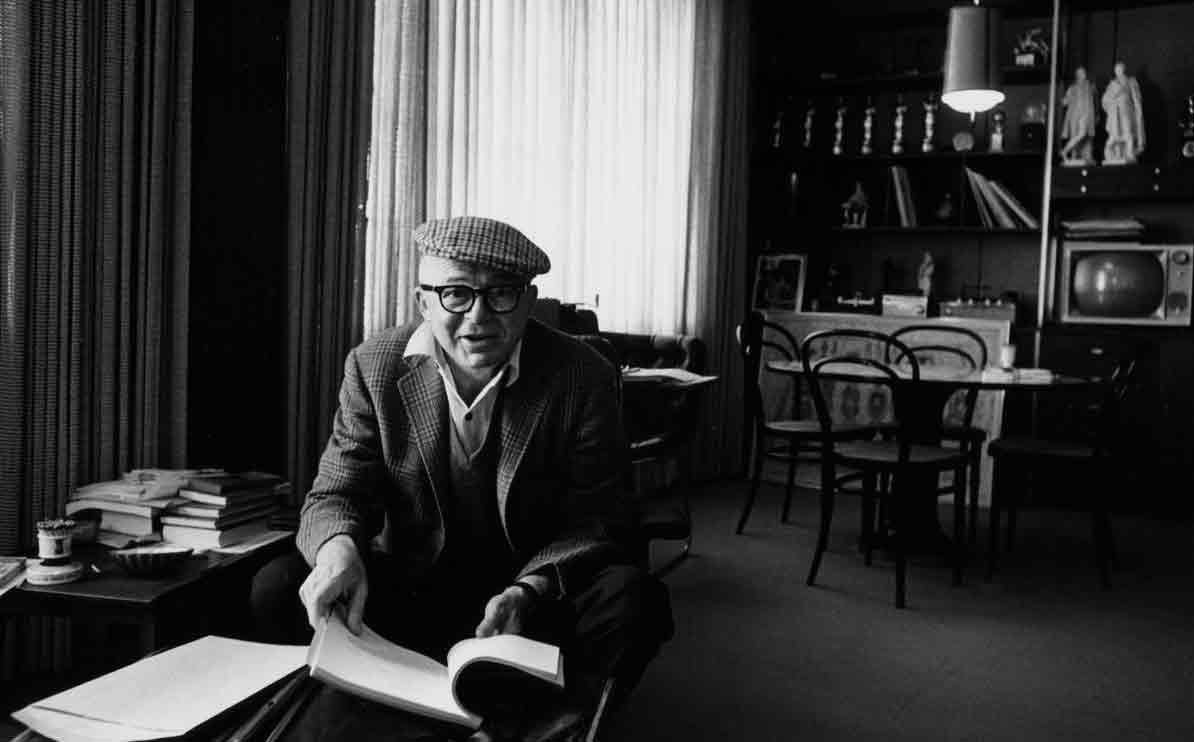
I’m not so sure about the Coppola inclusion because the whole screenplay of The Godfather is basically in the book. I don’t think Coppola is a particularly strong writer writing his original screenplays.
I very much disagree – The Godfather Parts I and II are very different beasts to the book. Coppola took what was essentially a pulpy crime novel (though admittedly a pretty enjoyable one) and elevated it to something special. Vito Corleone’s backstory is delivered in one big chunk there, and it was Coppola’s genius that decided to take that out and use it as a brilliant flashback structure in Part II. The rest of Part II is original and not based in Puzo’s novels at all, which ended up going a very different direction. Adaptation is rarely so simple as just filming the contents of a novel. Even Apocalypse Now can barely be considered an adaptation, since it only uses the bare bones of Heart of Darkness and reveals a lot of original inspiration, as does The Conversation which is not an adaptation in any sense.
I mean agree to disagree. I read the novel and the film follows the novel step by step. Most of the dialogue and scenes are there in the book. I didn’t talk about the second one. It’s more or less an Original work. With only a tiny section(the Don Fanucci part) included in the book. It’s easy to say it’s an amazing screenwriting achievement for Coppola when the film is as good as it is but it is an adapted work step by step with the help of the book author in the actual screenplay as well. I have no problems with his directing or other aspects of course.
I do think you’re underrating the nuances of adapting existing material to the screen – if it was that straightforward than you would expect the Lynch and Villeneuve/Spaihts/Roth screenplays for Dune to be much closer in quality than they actually are. It also takes a lot of credit away from writers like Kubrick and Wilder for those screenplays they faithfully adapted as well like A Clockwork Orange and Double Indemnity.
I generally agree that The Godfather is a faithful adaptation if we’re purely talking about individual scenes and disregarding things like structure and the nature of translating written narrative to a visual medium. Michael’s internal monologues in the book simply wouldn’t work onscreen without voiceover, and so Coppola finds other very economical ways to portray his inner thoughts. He also wisely cuts out the entire subplot regarding Sonny’s mistress, reduces the focus on Johnny Fontaine, and gives more gravity to Vito’s backstory by changing it from a single flashback into an interwoven series, bouncing that off Michael’s arc in Part II. The book is far more a crime epic with lots of side plots than the film which condenses the focus to Michael’s arc, and makes him a much more compelling character for it. I love the book and have read it twice – but Coppola is doing more than directly lifting passages. Puzo is no doubt talented and deserving of credit, but it is telling as well that his screenplays outside of the Godfather are far inferior to Coppola’s.
“Puzo is no doubt talented and deserving of credit, but it is telling as well that his screenplays outside of the Godfather are far inferior to Coppola’s”
I don’t agree at all. This is Puzo’s book. He didn’t co-write it with Coppola. So I don’t understand how this matters in the slightest. Often many great writers has only a few truly great works. Can you discredit Robert Towne because he wrote many poor scripts outside Chinatown. And in that case Chinatown is a Original Screenplay unlike The Godfather. I vividly remember scenes like the one where Brando uncovers the sheet and looks at Sunny. It’s all there in the book with dialogue.
But yeah, The Godfather Part 2 I have no issue with. It’s a big achievement for Coppola even though Puzo was heavily involved. But The original the Godfather I just don’t see it as any major achievement for Coppola. I did not really see any addition or improvement he did to the source material other than filmmaking craft. I like the things he did with Dracula making it his own adding the lovers reconnecting aspect. But with the original Godfather he didn’t really mess with anything in the book. It’s extremely faithful.
Didn’t Coppola improve the source material by removing the much hated affair plot line of Sonny?
@Harry-It’s obviously still there. The film would be over 5+ hours if everything was included. The one I thought was the most cut was the Al Neri assassination preparation part. There is a whole chapter about it in the book.
Robert Towne was almost conflated with Polanski on this list, but it’s his work on The Last Detail that does enough to separate him out and show he’s a great screenwriter in his own right. I’m no Puzo completist so maybe there is something out there that changes my mind, but it seems evident that he was the mind behind the story, and Coppola was the mind behind actually translating it into a screenplay. I think I’ve already list the ways he messed with the book so I’m not sure repeating them would help here.